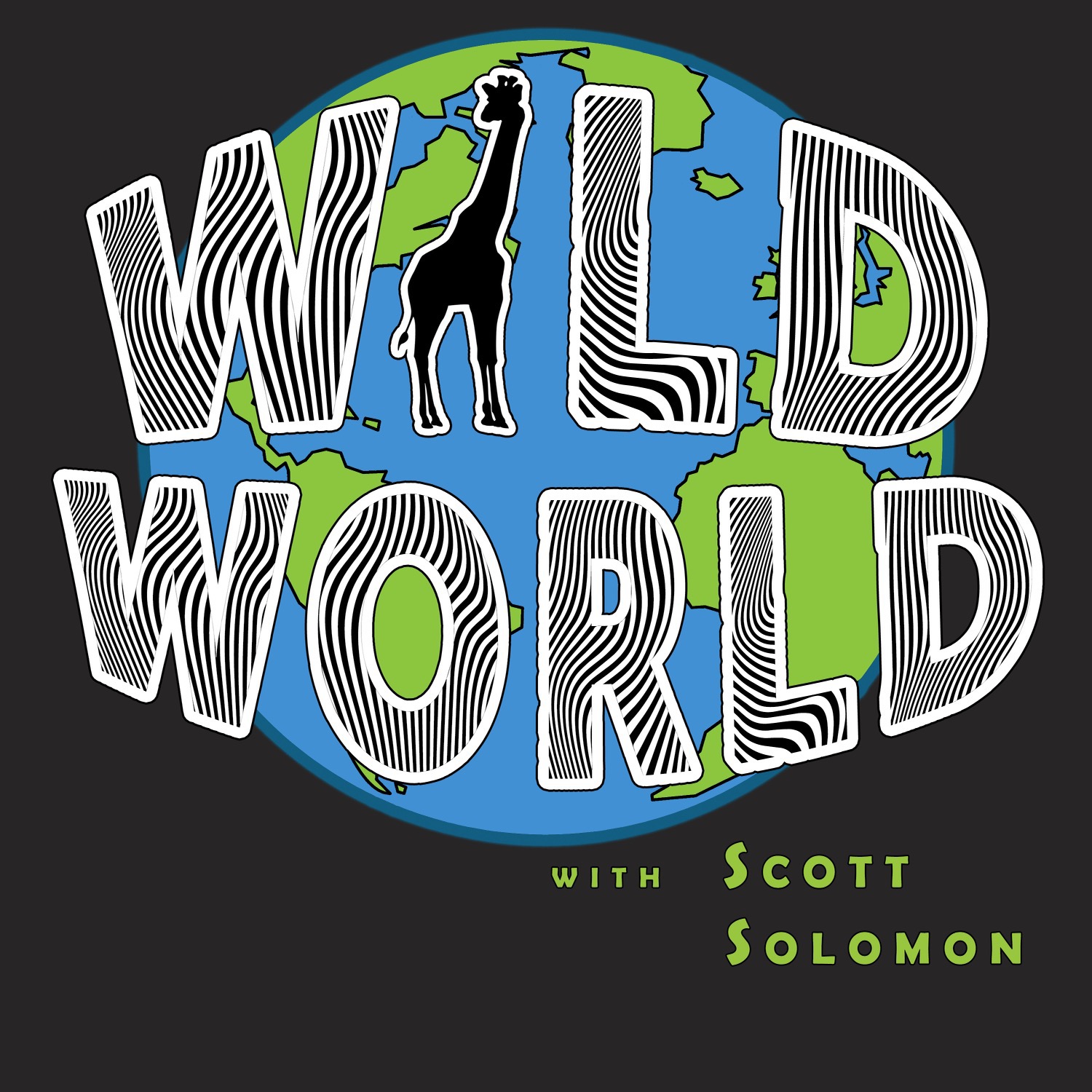Episodes
Published 04/04/23
Before signing off on our first season, we wanted to share a little more of the conversation Scott had with nature and wildlife photographer Tui De Roy.
Tui has lived in the Galapagos Islands since her family moved there in 1955 when she was just 2 years old. Her unique perspective as a local and as a photographer has given her both a keen eye for detail and the opportunity to observe how the islands and its wildlife have changed over the last half century.
Scott asked Tui what she thinks...
Published 04/04/23
We’re stepping away from our regular podcast this week to bring you an episode from our friends at WCS Wild Audio—a podcast of the Wildlife Conservation Society. WCS Wild Audio brings you the latest news and newsmakers from WCS’s global field sites and its five wildlife parks in New York City, including the Bronx Zoo and the New York Aquarium.
In today’s episode, Wild Audio’s Hannah Kaplan talks to Inaoyom Imong, Director of Cross River Landscapes for the WCS Nigeria program. The Cross River...
Published 03/28/23
Antarctica is famous for gigantic ice sheets and charismatic animals, but Antarctica is also one of the best places to search for meteorites– rocks that have traveled through space and survived passing through Earth’s atmosphere.
Mini Wadhwa is a planetary scientist who studies meteorites to learn about the formation of our universe and what conditions are like in other parts of our solar system. She is the Director of the School of Earth and Space Exploration at Arizona State University and...
Published 03/21/23
We can learn a lot by exploring the edges of the biosphere, where conditions can just barely support even the most hardy organisms. And by venturing beyond the biosphere– by leaving Earth and traveling into space– we can really test the limits of what our bodies are capable of.
Scott Parazynski is a former NASA astronaut who has flown on five missions to space and completed seven spacewalks. He is also an emergency medical doctor who has climbed some of the highest mountains on Earth,...
Published 03/14/23
Around the world, wildlife is in decline. We know that animals play important roles in their environments, but it’s often difficult to know how exactly the natural world would change if any particular type of wildlife no longer existed.
In this episode, Scott speaks with Dr. Haldre Rogers, an ecologist working on the island of Guam, where invasive snakes have eliminated nearly all of the island’s native birds. By comparing the forests on Guam with forests on nearby islands that still have...
Published 03/07/23
Brazil is one of the most biologically diverse nations on Earth. In the center of Brazil, between the Amazon Rainforest and the Atlantic Coast Rainforest is an ecosystem found nowhere else on Earth– a savanna known as the Cerrado. The Brazilian Cerrado is home to more than 11,000 species of plants, 800 species of birds, and 200 species of mammals, and an unknown number of insects. Yet, much of the biological diversity of the cerrado is hidden underground.
In this episode, Scott speaks with...
Published 02/28/23
Scott speaks with Dr. Adrienne Correa during her research expedition to the South Pacific Island of Moorea, where she witnessed incredible natural phenomena and gained new insights into corals and their symbiotic partners.
Published 02/21/23
The Galapagos Islands are one of the few places where visitors can get a glimpse of what the world was like before humans existed. The unique wildlife, active volcanoes, and rich undersea world has made them a haven for ecotourism. In this episode, we get two very different perspectives on what it’s like to experience the Galapagos Islands.
Published 02/14/23
Madagascar is home to species found nowhere else on Earth, yet the island was once home to an even richer array of species that mysteriously disappeared thousands of years ago.
To find out what caused the extinction of these magnificent species like giant lemurs, archeologist and artist Dr. Fabio Amador joined a daring SCUBA diving expedition into a network of flooded caves. He shares how the discoveries changed Madagascar in more ways than he ever imagined.
Published 02/07/23
Scott Solomon speaks with Dr. Boris Arevalo, a biologist with the Wildlife Conservation Society, who is working to protect Belize's spectacular scarlet macaws by any means possible.
Published 01/31/23
Wild World with Scott Solomon’ is a new podcast that explores the natural wonders of our planet through the voices of the people who explore, study, and protect them. Each episode features a new location, from the forests of Madagascar to the underwater world beneath the Galapagos Islands and the icy shores of Antarctica. Hosted by a renowned field biologist and science communicator, you’ll hear directly from the people on the ground (or in the water) to understand what drives them to work in...
Published 01/13/23


